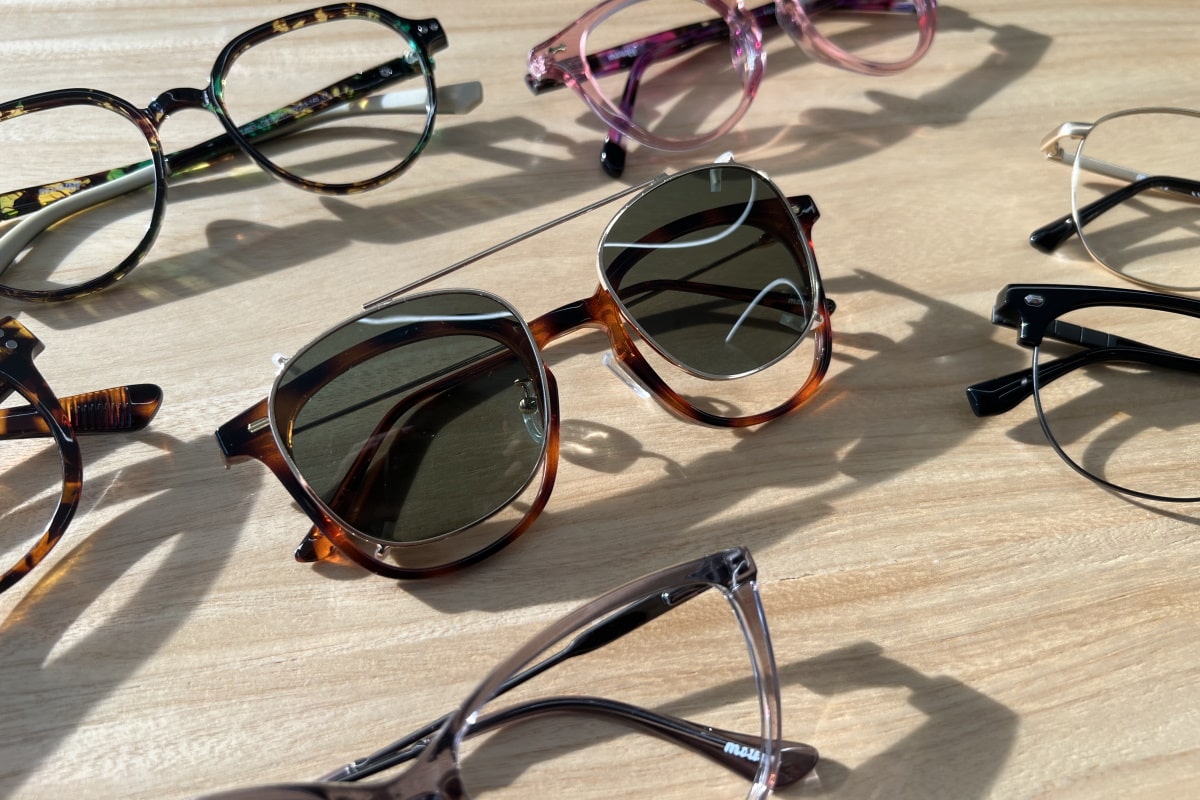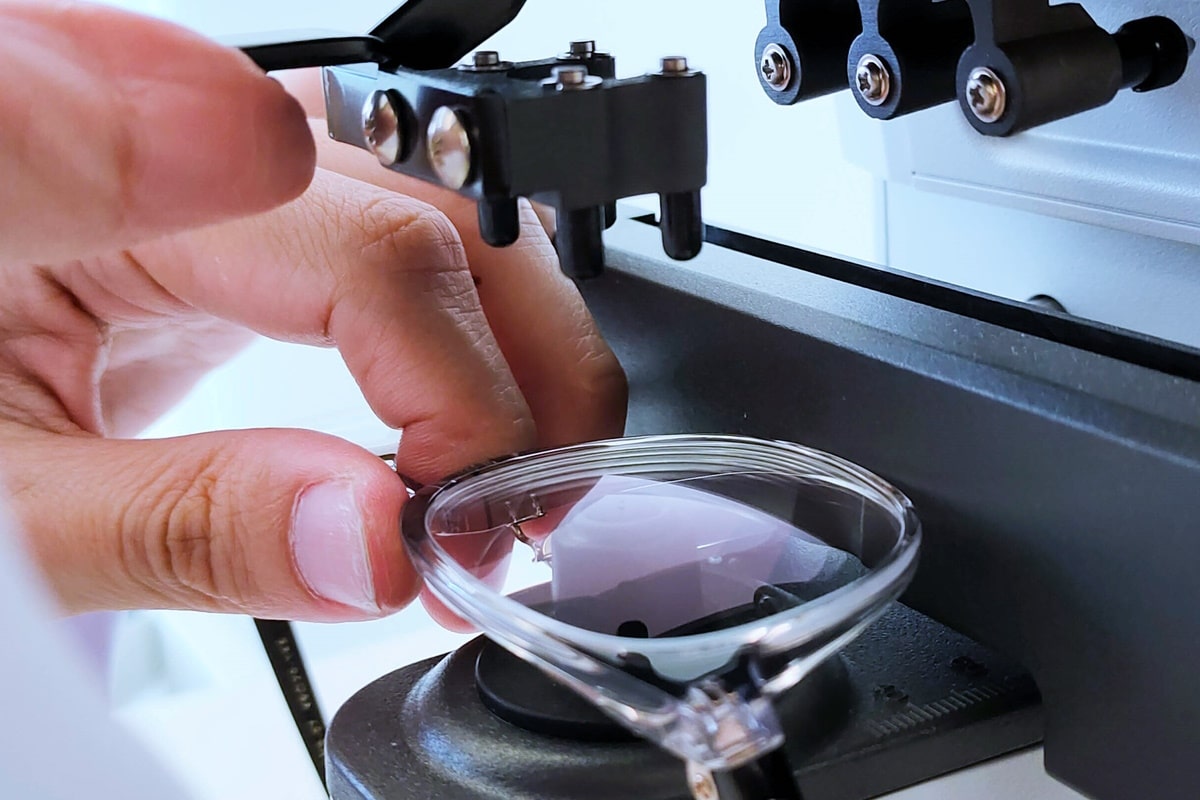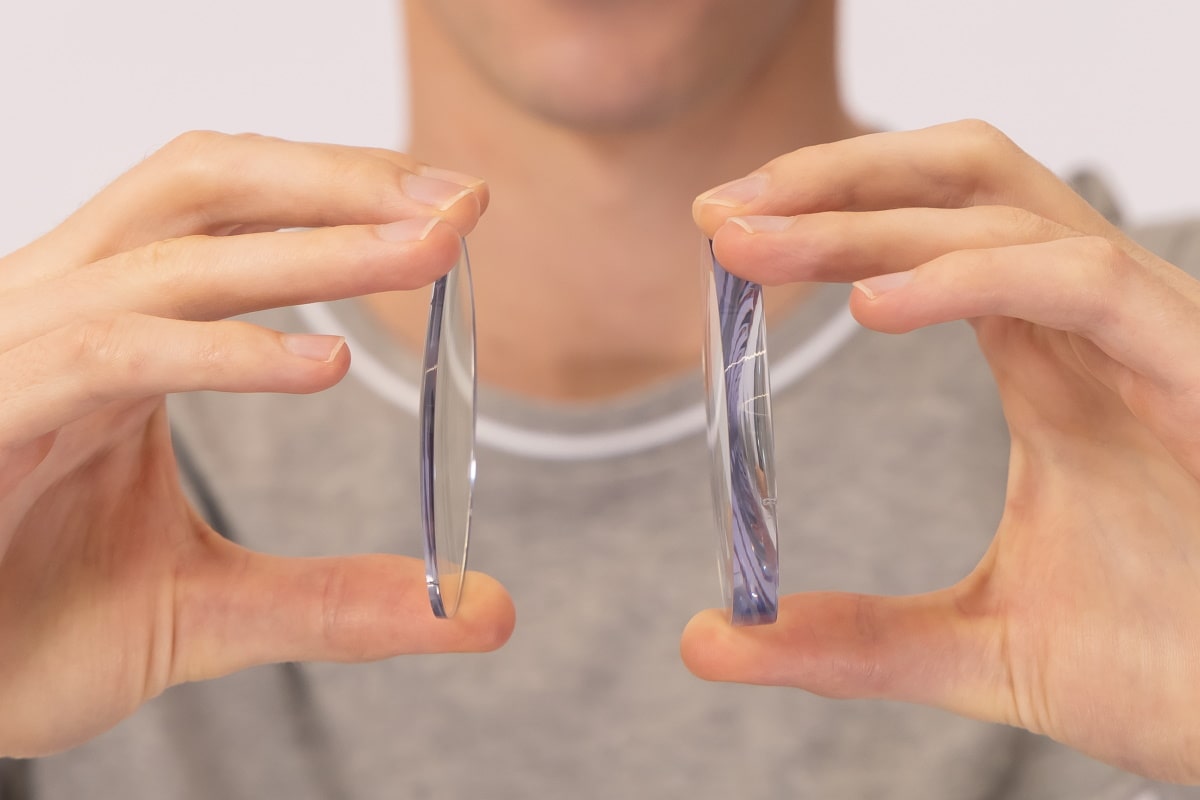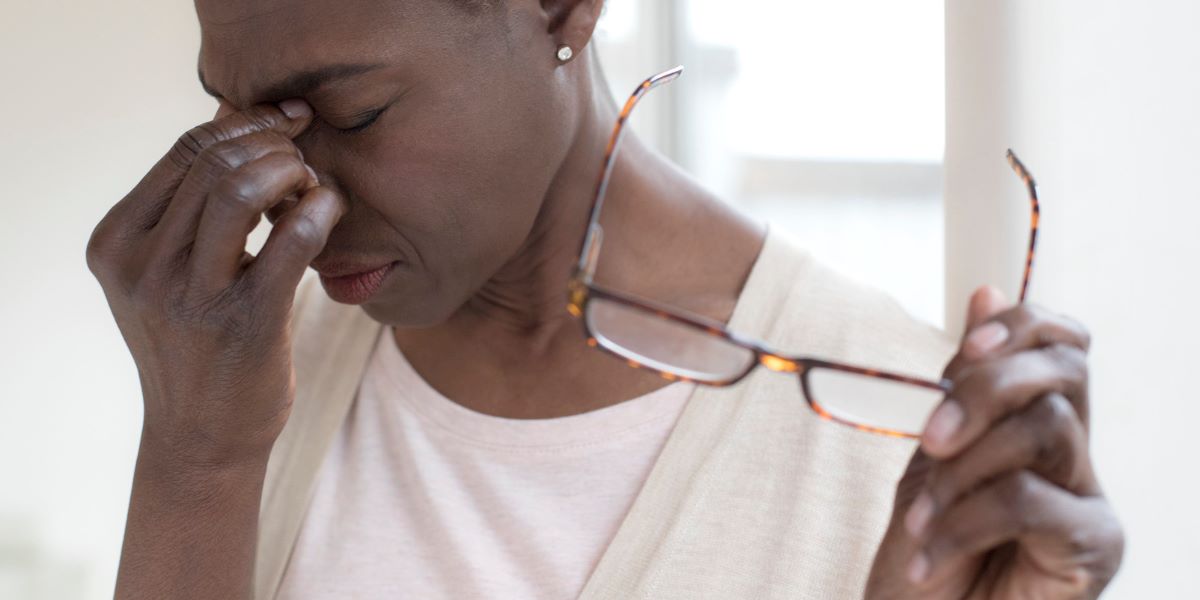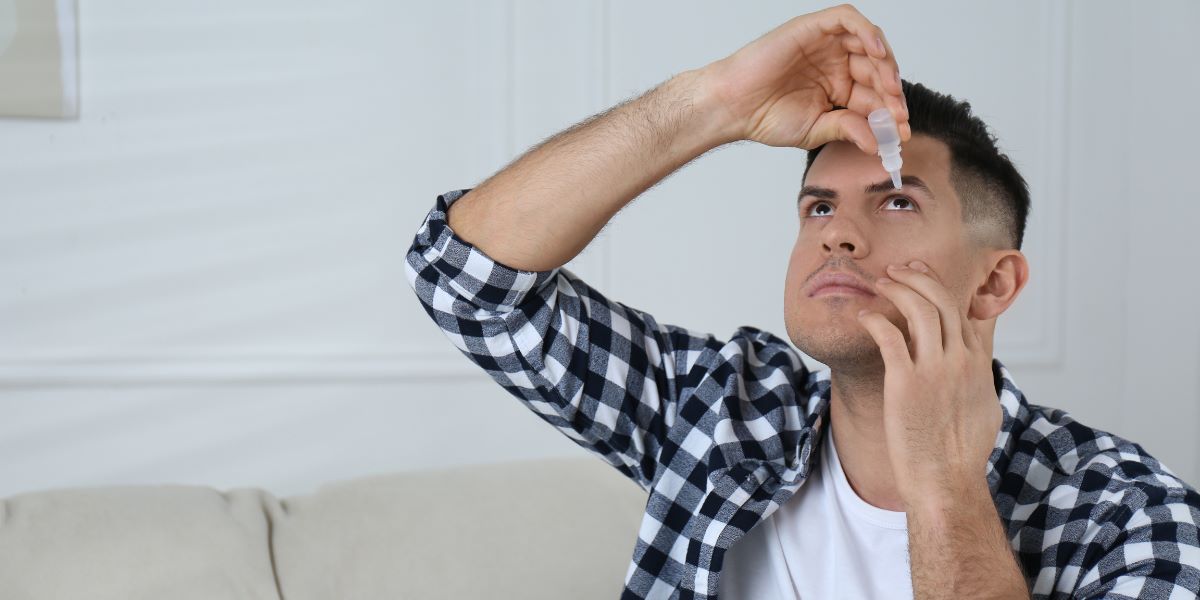Why Do I Wake Up with Dry Eyes?
Do you ever wake up in the morning with dry, irritated eyes? Do they feel gritty and uncomfortable, as if you haven’t had enough sleep or a good night’s rest?
If so, don’t worry—it happens to many of us.
In this article, we’ll explore why so many of us experience dry eyes in the morning and share ways to resolve or prevent them.
What are dry eyes?
It’s a condition where your eyes don’t produce enough quality tears, which are essential for eye lubrication and nourishment. Without quality tears, the surface of your eye can become dry, irritated, and more susceptible to infections.
The symptoms of dry eyes include:
- Feeling like something scratchy or gritty is in your eye
- Feeling a stinging and burning sensation in your eye
- Blurry vision
- Red or irritated eyes, especially when you are near cigarette smoke or in the wind
- Mucus strings in or around your eyes
- Pain when wearing contact lenses
- Watery eyes
Every year, dry eyes affect millions of people in the U.S. Dry eyes can be extremely uncomfortable and make it difficult to perform everyday tasks. They can also be chronic.
What causes dry eyes after sleep?
Several factors contribute to getting dry eyes when you wake up.
1. Poor sleep quality
Not getting enough shut-eye can result in more than just tiredness. Our tear production is naturally reduced when we sleep, but poor sleep quality can cause that too. As a result, you may wake up with drier-than-usual eyes in the AM.
2. Sleeping environment
Prolonged exposure to windy or dry climates can contribute to quicker tear evaporation. For example, sleeping under or in front of an air vent can cause dry eyes. Also, since cold air is drier than warm air, you may notice that you wake up with dry eyes more often during winter than in summer.
3. Your eyes don’t produce enough quality tears at night
When we sleep, our eyes make less quality tears than when we’re awake. Although this won’t necessarily cause problems in young, healthy individuals, the same can’t be said for older people.
As we age, our ability to produce quality tears also decreases. Also, medical conditions like allergies, diabetes, and thyroid disorders as well as medications like antihistamines and antidepressants can reduce tear production. The same can be said of refractive eye surgery like LASIK and hormonal changes due to menopause, pregnancy, and oral contraceptives.
4. Dehydration
If you don’t get enough fluids, it can lead to dry eyes in the morning. Therefore, make sure you’re drinking an adequate amount throughout the day. Aim for around 8 glasses of water each day.
5. Nocturnal lagophthalmos
Waking up with dry and irritated eyes in the morning can indicate that you suffer from nocturnal lagophthalmos. It’s a condition that makes it difficult to keep your eyelids closed while sleeping and can be caused by incomplete lid closure, Bell’s palsy, or head or jaw trauma. If this occurs to you, it’s best to consult an eye doctor to ensure the pinpoint the root of the issue.
Self-care options for dry eyes in the morning
There are a variety of options at your disposal to help you tackle dry eyes in the morning without the need for a medical expert, ranging from quick tricks to longer term solutions.
1. Use artificial tears
People often find they can manage mild dry eye cases through artificial tear solutions. These solutions are available over the counter (OTC). For best results, use preservative-free solutions as they typically have fewer additives which may irritate your eyes.
Your eye doctor may also recommend prescription eye drops if your dry eyes don’t respond to OTC artificial tears.
2. Proper hygiene
Dirt that accumulates on your face throughout the day may get into your eyes and irritate them. As such, make sure you wash your face thoroughly before going to bed.
Also, remember to clean your eyelids carefully with gentle, preferably hypoallergenic soap to avoid conditions like eyelid inflammation, which can also cause dry eyes.
3. Add a humidifier and/or air purifier
The most common effect of a dry environment is dry eyes. A humidifier in your bedroom is a great solution to combat the drying effects of air conditioning or a fan during sleep hours.
Air cleaning systems like air purifiers are incredibly effective at filtering out contaminants found in outdoor air, such as pollen, dust, pet dander, and other irritants. As such, they also work well to reduce dry eyes.
4. Proper sleep routine
Developing a healthier sleep routine doesn’t need to be an overwhelming process. Start small, and build your way up.
First, create a better environment in your bedroom. You can do this by ensuring your room’s temperature is just right. Next, fine-tune your sleep schedule and stick to it as much as possible. When your body gets used to sleeping at a specific time, falling asleep will no longer be a problem.
You can also develop an enjoyable pre-bedtime ritual, such as meditation, stretching, or breathing exercises. These can help you wind down and relax, signaling to your body that you’re ready for bed.
Lastly, form positive pro-sleep habits during the day. For example, exercising in the morning rather than the evening can help you sleep better.
When you start small, you’ll soon find that each step taken leads you closer to your goal of having better quality rest.
Medical care for dry eyes in the morning
If your dry eyes persist despite trying the methods above, you can go to a certified ophthalmologist.
Your ophthalmologist can identify the cause of your dry eyes and prescribe therapies and treatments. For example, they may recommend using punctal plugs (tiny plugs made of silicone or gel) to block your tear ducts so your eyes won’t dry up. These plugs may be removed later if necessary.
If that doesn’t relieve your dry eyes enough, your eye doctor may suggest permanent surgical closure of the ducts. Another option they may recommend is prescription eye drop medication to increase tear production in your eyes naturally.
Preventing dry eyes in the morning
As they say, prevention is better than cure. This is also true for dry eyes.
To start, you can do some blinking exercises. Gently close your eyes and count to 2. Next, squeeze your lids together and count to 2. Then, open your eyes and count to 2. Repeat this exercise five times in a row.You can do this as often as you want.
Gently massaging your eyelids with clean hands is also something you can do. Make sure to cover the full length of your lids — upper lid downward and lower lid upward. Do this for 30 seconds. Pause to warm eyelids with a compress. Repeat this 5-10 times.
If you’re a smoker, it’s best to quit the habit and stay away from secondhand smoke, as it’s a known eye irritant.
Making sure you drink at least eight glasses of water a day also counts. Since water makes up 98% of tears, not getting enough H2O can decrease the production of tears.
Also, ensure your diet gives you enough vitamin A and omega-3 fatty acids, as they are needed for healthy eyes and good tear production. You can eat carrots, liver, fish, and flaxseed, as they are rich in the aforementioned nutrients.
Regularly going to your ophthalmologist for an eye checkup is also important for general eye health. For most adults, you only need to do this once a year.
If you have dry eyes and need corrective lenses, consider using glasses since contact lenses can worsen dry eyes.
Dry eyes can get better with proper treatment
Getting the proper diagnosis for dry eyes is essential for treating it properly. With the right treatment, your dry eyes will get better, therefore improving your quality of life. When in doubt, always speak to a trusted ophthalmologist as soon as possible.

Written by:
Phoebe Jade

